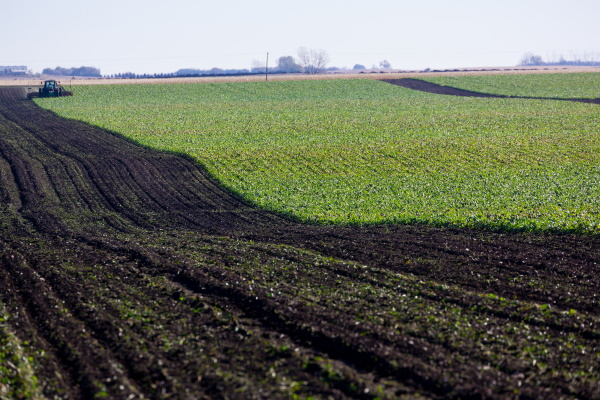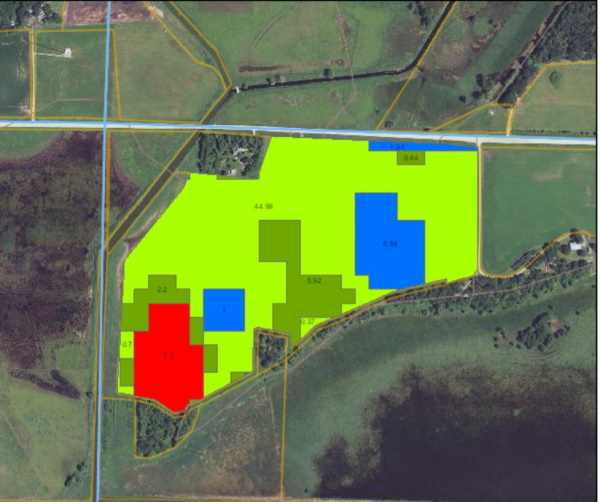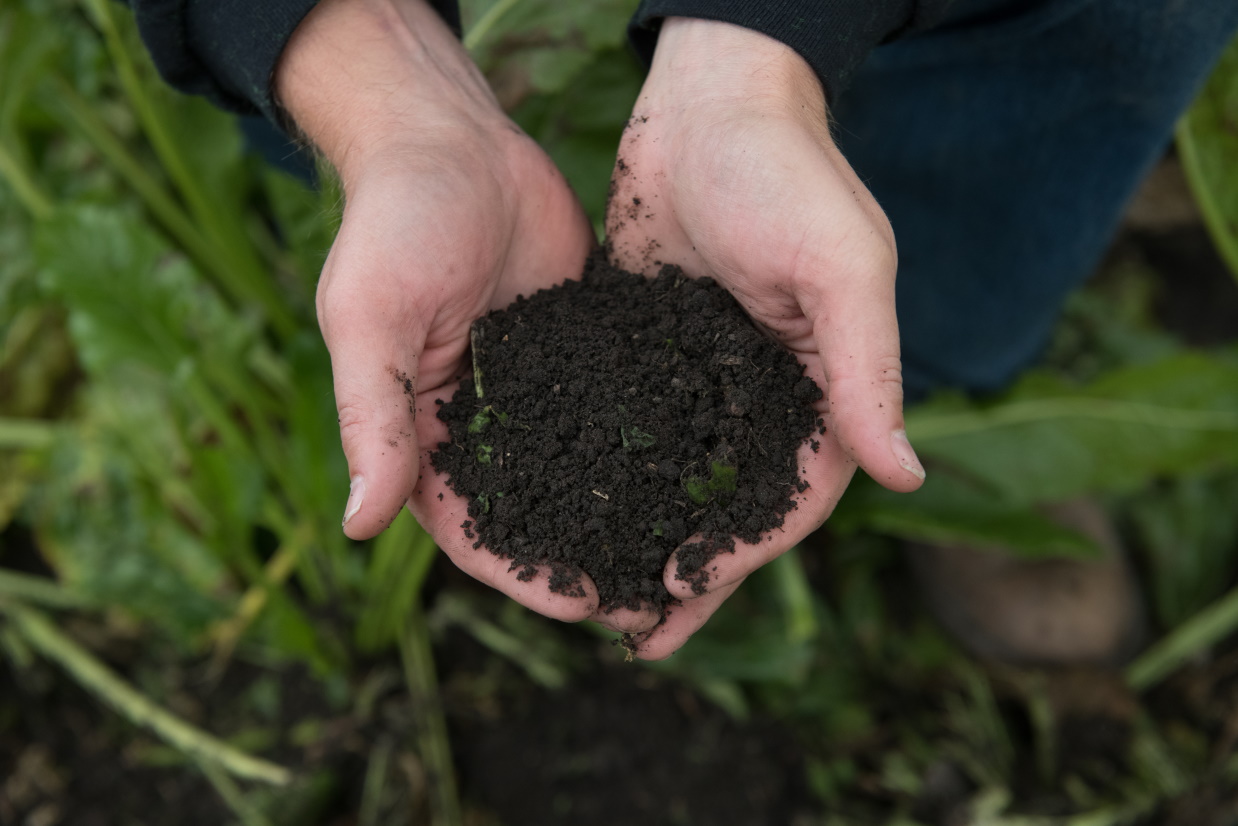To minimize the environmental impact and to achieve the greatest productivity on every acre, sugarbeet growers at SMBSC employ the latest research and recommendations from the University of Minnesota and our internal research agronomists.
For over 20 years, the SMBSC Agronomy team has worked with cooperative growers and University of Minnesota researchers to develop Best Management Practices for fertilizer use while increasing the sugarbeet crop’s quality and production. Growers utilize soil sampling to apply the correct amount of nitrogen to maximize the amount of sugar recovered from each acre.
From 2005 to 2020, SMBSC growers have increased sugar production by an average of 1,950 pounds of sugar per acre. Satellite imagery and other management zone tools are utilized to identify different soil types and soil organic matter levels present throughout each field. Each soil type or management zone is soil sampled for residual nutrients and the appropriate amount of fertilizer is applied.


SMBSC developed a patented technology to create crop management zones based on organic matter content. This technology allows growers to produce better crops while at the same time helping the environment by not over-applying fertilizer to management zones where it is not needed.
This technology helps SMBSC growers accurately assess how much fertilizer is needed by combining satellite imagery and years of small plot and whole field research trials to predict zones within fields with similar organic matter content. With this information, growers can implement the 4 R’s of nutrient stewardship management: “Right Source” at the “Right Rate” in the “Right Place” at the “Right Time.”
SMBSC’s soil testing program is a key management technique for understanding soil fertility levels and ensuring that fertilizer is not overused. Soil samples of the next year’s sugarbeet fields are submitted to a third-party testing facility for analysis. SMBSC covers the costs of the analysis of these samples. This program helps growers better understand the current level of fertility in soils and allows them to make the best possible fertility management decisions.
